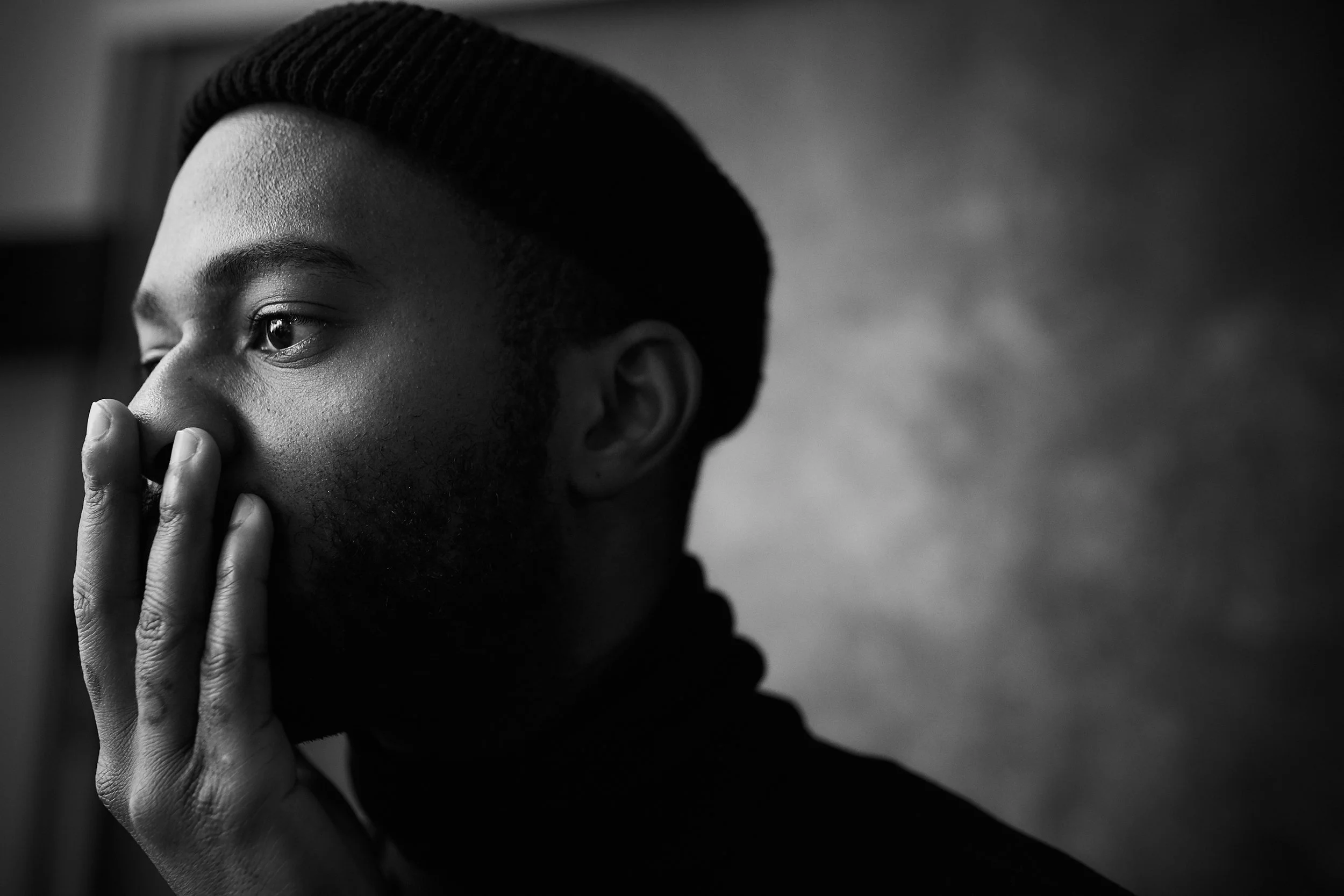When Secrecy Sinks the Story: A Review of Wife, Mother, Spy by Anne E. Butler
I picked up Anne Butler’s Wife, Mother, Spy partly out of personal curiosity. I’ve flirted with the idea of the State Department, and my grandmother’s boyfriend Harry may very well have been a spy disguised as a diplomat. Reading Butler’s memoir only made me more convinced that Harry wasn’t approving visas so much as running agents.
The premise is irresistible: a mother of five, juggling disguises, relocations, and CIA assignments across the globe. Butler does share glimpses of training, of constant vigilance, of scanning her environment for safe meeting spots. They are interesting, but they are just glimpses.
The CIA clearly vetted this book, and the result often reads more like documentation than story. Butler tells us about Paris and Sarajevo early in her career, but afterward only offers broad hints like “North Africa” or “Central Europe.” With a little description, I quickly pieced it together: Athens, Tunisia, Austria. A glance at her daughter’s website confirmed my suspicions. If it’s that easy to Google, why make it vague? Vagueness can create mystique, but here it drains the narrative of specificity.
And specificity is what good storytelling runs on. Instead, we get detailed accounts of family vacations. While pleasant, they lack the heat necessary to move the story forward. The heat is in the inherent danger of the work, and the tension of trying to construct a “normal” family life with such a career.
It may be a tall order to expect someone trained to keep calm under duress to reveal raw feelings about stress and the toll her job took on her. Butler tells us directly at times; other times it flickers in the subtext: her meticulous planning, the strain when things went wrong, the diagnosis of a chronic disease. These moments would have landed harder if woven into a narrative arc instead of left scattered.
I kept wishing she had leaned into the secrecy instead of dodging it. She could have said: “I can’t name the city, but here’s what it felt like.” Or creatively gone further: invented a composite city, a fictional stand-in with the flavor of the real place. That would have pulled readers in while still protecting what needed protecting.
As it stands, the book feels more like a family scrapbook than a spy memoir. The love for her children and husband comes through clearly. The spycraft, less so. For readers new to CIA lore, there are a few fresh details. For those already familiar with the rhythms of diplomatic/espionage life, not much is new.
This was a case of a compelling premise getting dulled by flat writing. With more imagination, the necessity of secrecy could have been transformed into narrative power.
An extraordinary life, yes. But an ordinary book.





